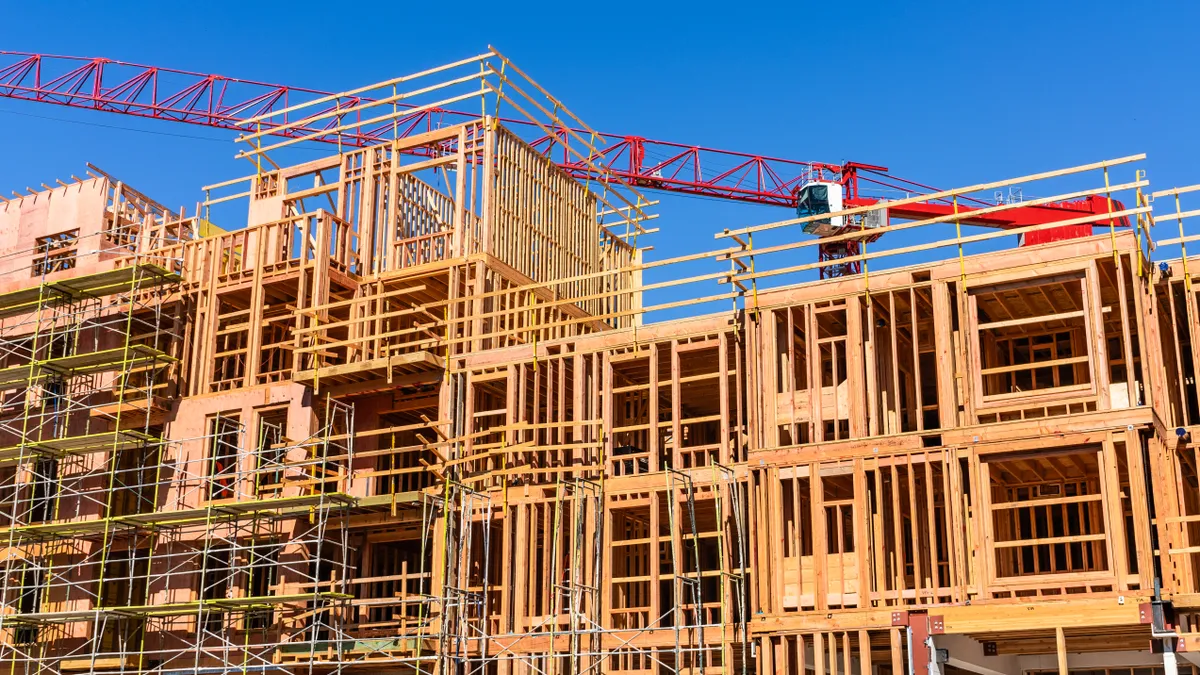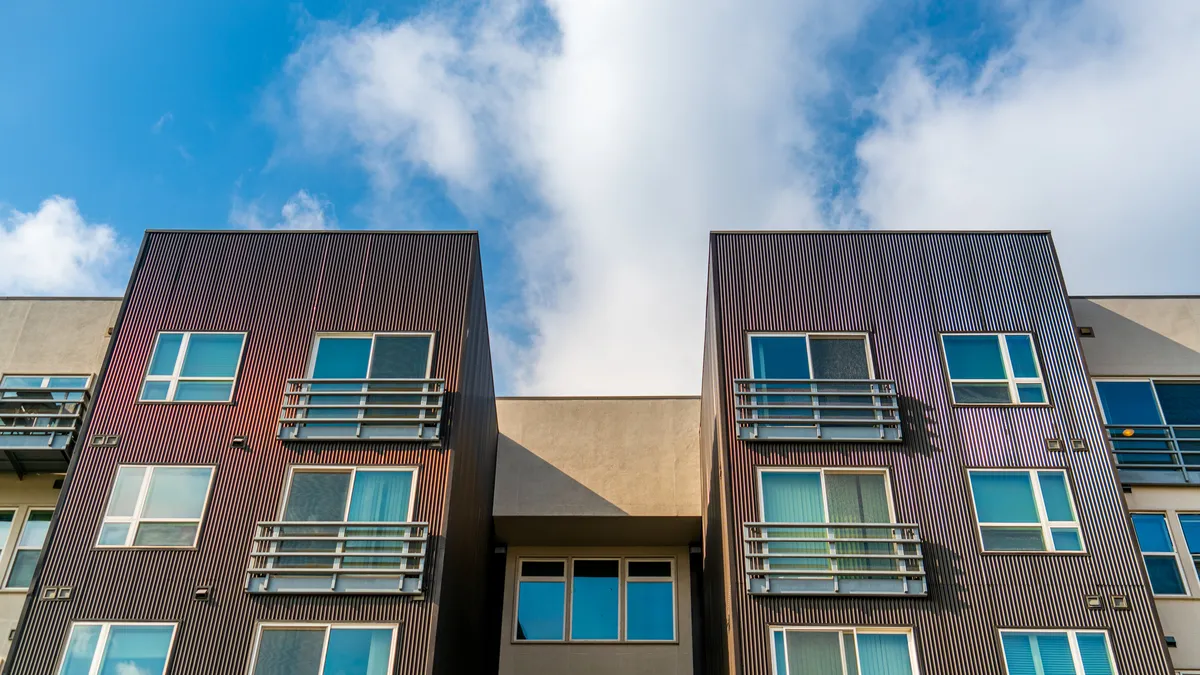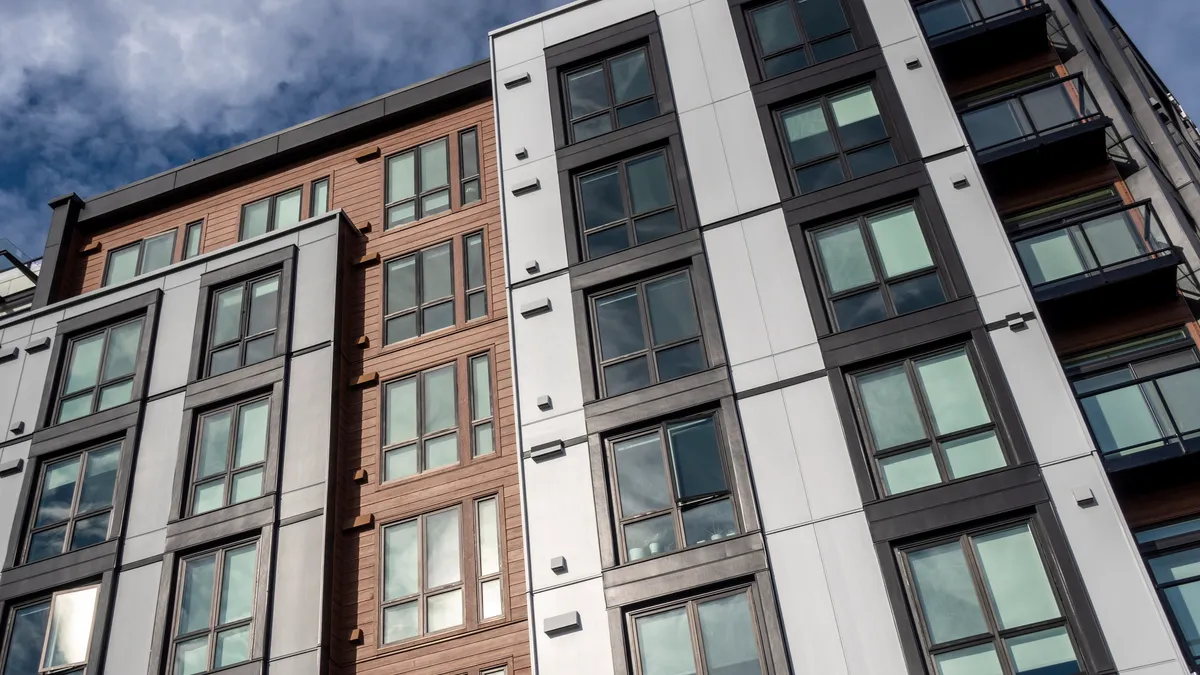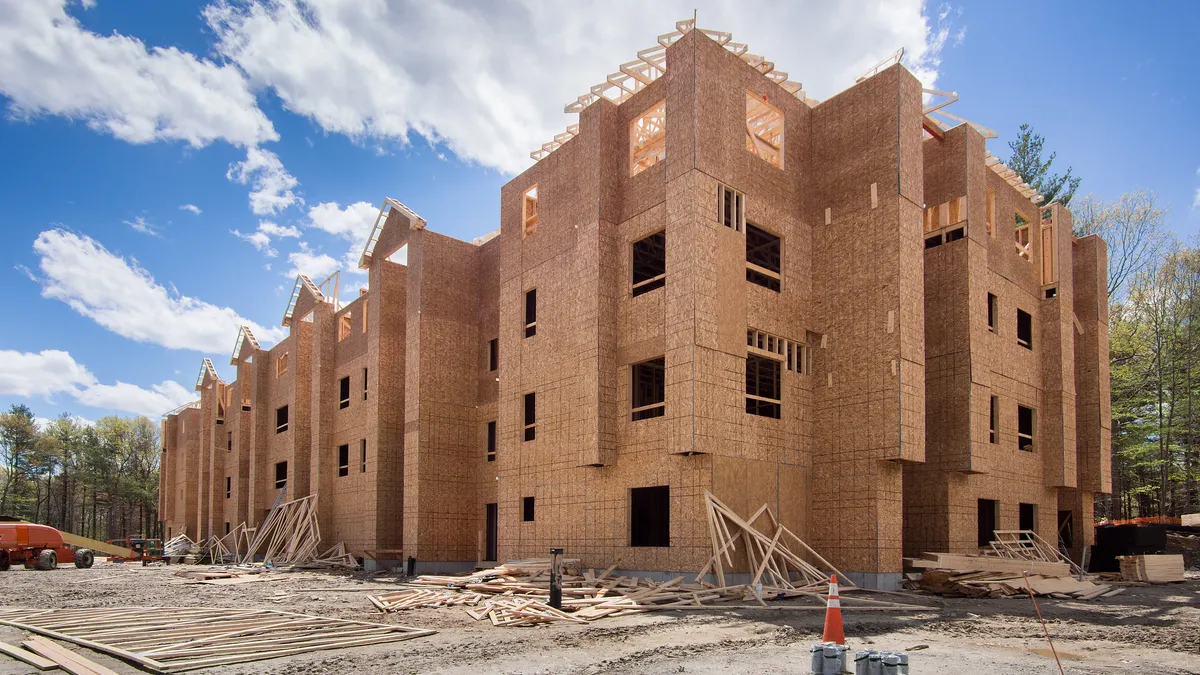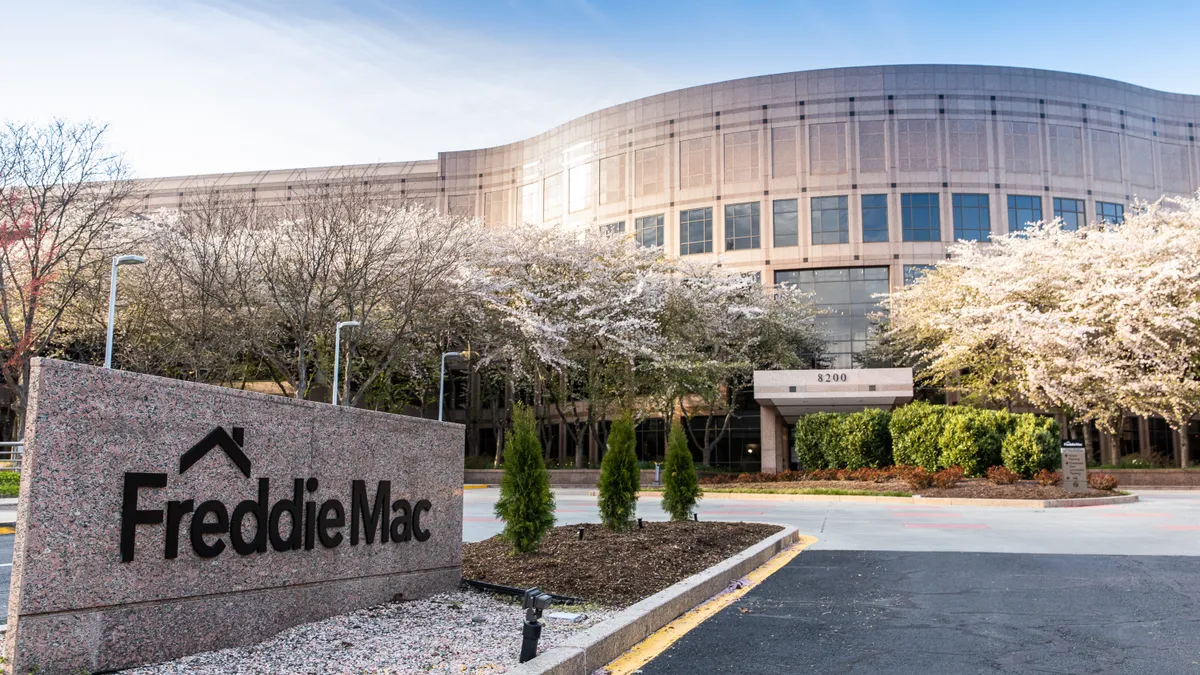Could 2023 be the year when things finally slow down?
Apartment development in 2022 proved to be surprisingly resilient despite construction slowdowns in other real estate sectors in the second half of the year. Multifamily builders started an annualized rate of 599,000 new units in Nov. 2022 — hitting a high not seen since the mid 1970s during the year — after averaging 350,000 units between 2015 and 2022.
“Multifamily starts have just been stubbornly high,” said Ryan Davis, CEO of Witten Advisors, a Dallas-based firm that provides apartment companies with advisory services. “We've already seen a pullback on the single-family side. But on the apartment side, starts have continued to head higher.”
Davis thinks that trend could reverse in 2023.
He projects that starts will fall to 300,000 units in 2023 and then taper down to 250,000 in 2024 and 2025. “If you don't have a deal already in process, or you just have some land and you don't have the entitlements, then you're just going to press pause,” Davis said.
Issues in the capital markets, caused by interest rate increases, are the main culprit behind the slowdown for both market-rate and affordable developers.
Underwriting problems persist
Davis is far from the only person predicting a slowdown this year. On his fourth-quarter earnings call, Stuart Miller, executive chairman of Miami-based public homebuilder Lennar Corp., said he expects the production of multifamily and single-family homes to drop between 25% and 33% in 2023. In real terms, he said the 1.5 million homes built in the U.S. each year over the last couple of years could fall to 1 million in 2023.
“The multifamily capital markets are very frozen up right now,” Miller said on the call. “I think that the number of new communities coming out of the ground for multifamily and even the single-family for-rent buyers are kind of seized up because of the capital markets considerations.”

Milhaus, an Indianapolis-based developer, owner and operator that specializes in attainable apartments, is putting in a lot more effort to secure debt and equity, according to Dave Brackett, senior vice president of property operations at the company.
“We're making sure we've got all our ducks in a row for the construction we're going to be starting next year,” Brackett said.
But not everyone will have the same struggles getting money. The public REITs, many of which are sitting on cash and have low leverage, don't need to rely on individual loans for each development. Instead, they have revolving lines of credit and other tools to help fund each development, if it makes sense.
Affordable challenges
Securing financing isn’t any easier for affordable developers. After the 2017 passage of the Tax Cuts and Jobs Act devalued and lowered the demand for the Low Income Housing Tax Credit, affordable housing developers have faced fewer resources and higher construction prices, according to Matthew A. Rieger, president and CEO of Coconut Grove, Florida–based Housing Trust Group. But the decreasing price of the federal tax credit “was somewhat smoothed over by the availability of cheap debt due to historically low-interest rates,” Rieger said.
Cities with the most permits through Oct. 2022
| City | Units permitted | Increase vs. Oct. 2021 |
| New York | 40,731 | 8,200 |
| Houston | 26,648 | 11,485 |
| Austin | 24,465 | No change |
| Dallas | 22,355 | 4,000 |
| Washington D.C. | 19,323 | 5,500 |
| Atlanta | 18,912 | 13,600 |
| Phoenix | 18,610 | 4,072 |
| Seattle | 18,170 | 2,572 |
| Philadelphia | 16,929 | 1,800 |
| Los Angeles | 16,397 | 1,427 |
SOURCE: RealPage
Now with interest rates making it harder to underwrite deals, combined with continued high construction costs and rising property and general liability insurance, Rieger said affordable developers could see a “bloodbath” in 2023. “We are facing a perfect storm,” he said.
Other affordable developers are seeing similar problems, even if they aren’t expecting a bloodbath. “It has been tougher to underwrite on the affordable side of the business as we’re looking to close on transactions,” said J.B. Curry, president of Indianapolis-based TWG Development. “It has affected the capital stack slightly with our construction loans and the sizing.



